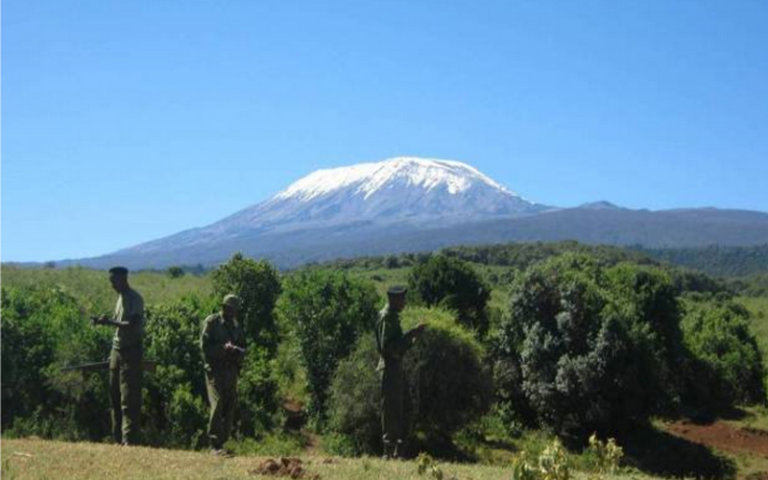Are Tanzania’s wildlife management areas delivering on their promise to alleviate poverty?
Through the Poverty and Ecosystem Services Impacts of Tanzania's Wildlife Management Areas Study, Professor Katherine Homewood of UCL and an international, interdisciplinary team explore the impacts.

21 February 2023
Synopsis
In 2014, Professor Katharine Homewood set out to evaluate the impacts of Wildlife Management Areas (WMAs) in Tanzania on local peoples’ lives and livelihoods through the Poverty and Ecosystem Services Impacts of Tanzania’s Wildlife Management Areas (PIMA) study. The International interdisciplinary collaboration includes several European universities, the Tanzania Wildlife Research Institute, the Tanzania Natural Resources Forum and the UNEP World Conservation Monitoring Centre.
The PIMA study compares social and ecological outcomes for established WMAs with matched non-WMAs within the same ecosystem to provide robust evidence that can be used locally, nationally and internationally.
PIMA‘s framework approach also fostered channels for people living within WMAs to highlight to policy makers and practitioners the impacts that changes in land use are having on their wellbeing.
 Close
Close

